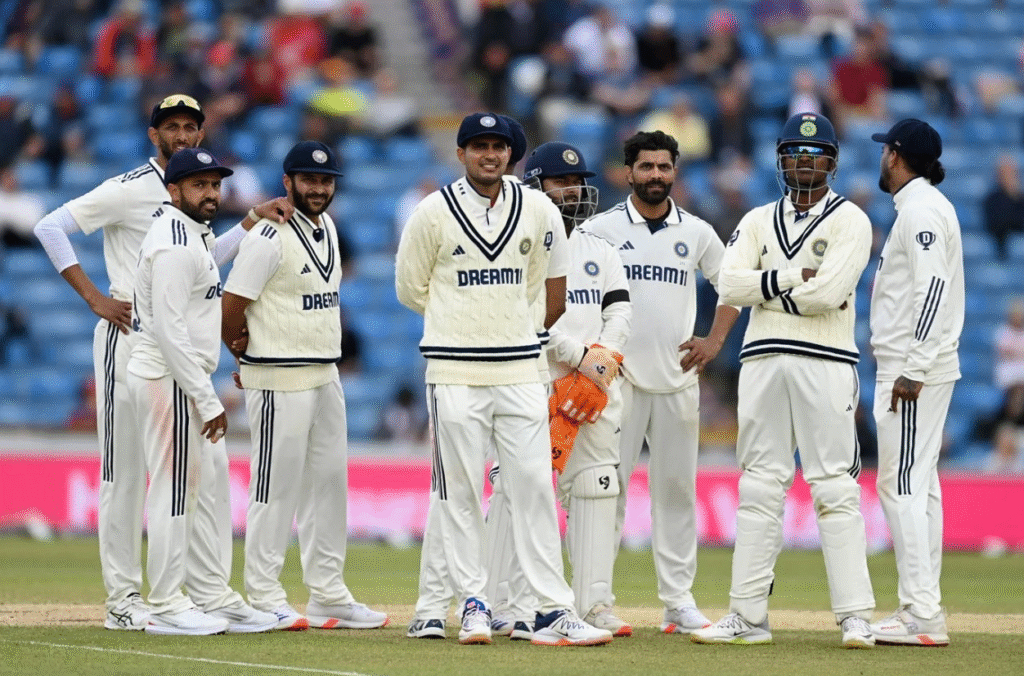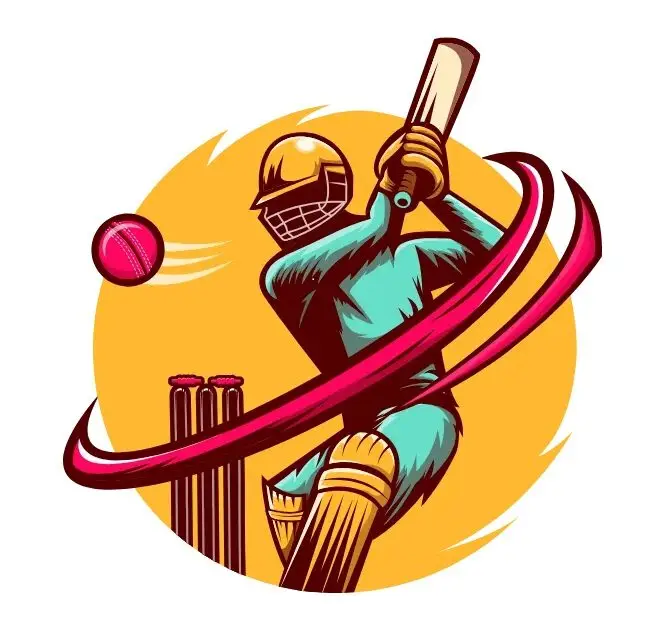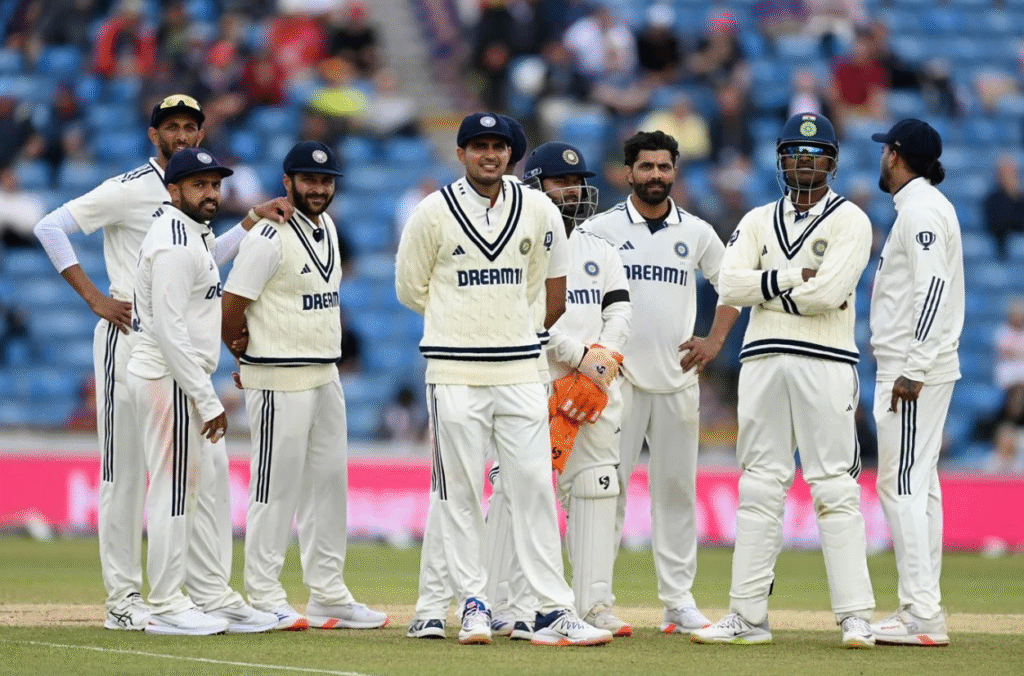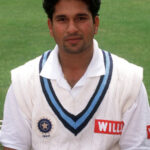Several regulations have been revised in international men’s cricket. Some of these changes have already been integrated into the current edition of the World Test Championship, which commenced earlier in June. Additionally, there are a few ICC’s proposed new rules for one-day internationals and Twenty20 internationals that will be implemented shortly.

STOP CLOCK IN TEST CRICKET
The stop clock system, similar to limited-overs cricket, has been implemented to tackle issues related to slow over-rates in Test matches.
- The fielding team must be prepared to start each over within 60 seconds after completing the previous over. An electronic timer will be shown at the venue, counting up from zero to 60 seconds.
- Teams will receive two warnings for exceeding the time limit. A third violation results in five runs being awarded to the batting team as a penalty.
- The ICC has specified that these warnings will reset after 80 overs are completed.
Saliva Use on Ball to Face Big Penalty
- The prohibition on using saliva is still enforced.
- The ICC has announced that umpires are not required to change the ball right away if they discover saliva on it. This change aims to stop teams from intentionally using saliva to trigger a ball change.
- Final decision lies with the umpire’s discretion.
- Additionally, if this rule is broken, the batting team will receive a penalty of five runs against the bowling team.
Catch Review on No-Ball
- If a catch is taken from a no-ball, the team will only get one run (the extra), no matter how many runs were attempted by the batters.
- Previously, if a no-ball was identified during deliberation, the catch review was skipped
- Now, the TV umpire must still check whether the catch was clean.
- If it was fair, the batting team gets only the no-ball run.
- If not fair, they get all completed runs plus the no-ball.
Penalty for Short Runs:
- If a batter is caught deliberately not making their ground, the umpire at the bowler’s end will cancel all runs for the batting team, send any not out batter back to their original position, indicate a no-ball or wide-ball if necessary, make a short-run signal to the scorers, give five penalty runs to the fielding team, and ask their captain to specify which of the two batters will be on strike for the next delivery.
Conclusion
The ICC’s proposed new rules, including the stop clock and short run regulation, signal a shift toward a faster, more efficient game. As cricket evolves, these changes could redefine match dynamics and viewer experience, making the sport more exciting and time conscious.



